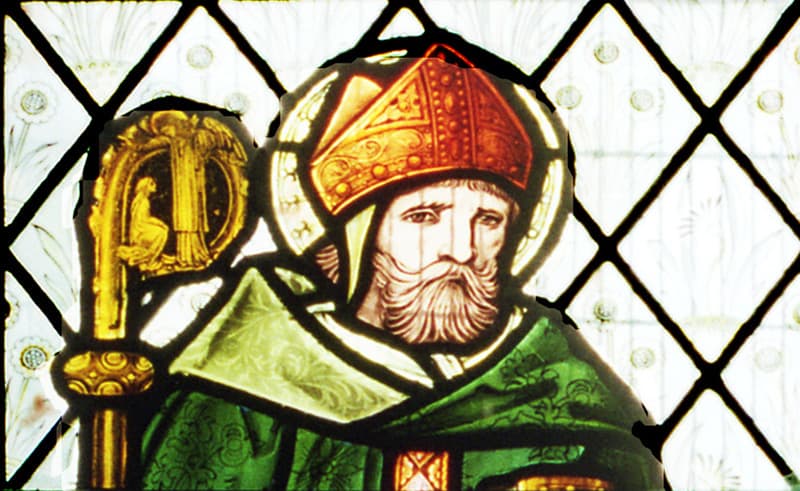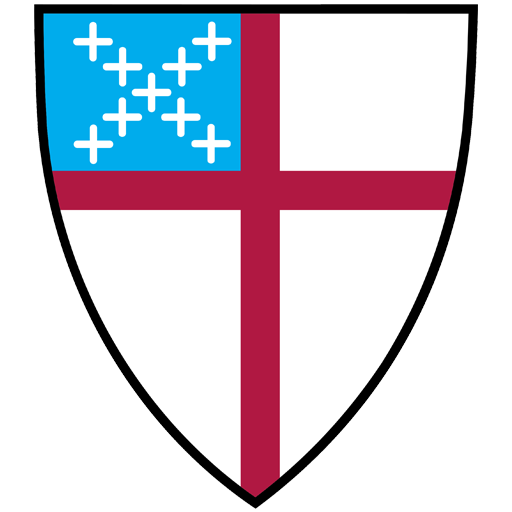October 9 (Lesser Feasts and Fasts 2000)

Robert Grosseteste, one of the outstanding English bishops of the thirteenth century, rose to preeminence in the Church from humble beginnings in Suffolk. He distinguished himself as a scholar in all branches of study — law, languages, sciences and theology. He was appointed Master of the Oxford School, and first teacher of theology to the Franciscans, when they established a house in Oxford.
Grosseteste translated Aristotle’s works from the Greek, wrote commentaries on them, and sought to refute the philosopher’s views by developing a scientific method based on Augustine’s theories. Because of Grosseteste, Oxford began to emphasize the study of the sciences, especially physics, geometry, and mathematics. One notable pupil of Grosseteste
was Roger Bacon, a brilliant proponent of the scientific method. Both as teacher and bishop, Grosseteste had a strong influence on John Wycliffe.
In 1235, Grosseteste was consecrated Bishop of Lincoln. He exercised his office with efficiency and conscientiousness, remarking that a bishop’s pastoral responsibility was not merely to give instructions but to see that they were carried out. “I am obligated to visit the sheep committed to me with all diligence, as Scripture prescribes,” he said. He traveled regularly to each rural deanery, called together the clergy and laity, preached, confirmed, and dealt with questions of doctrine. “My lord, you are doing something exceptional,” remarked some of the people during his first visitation. He replied, “Every new thing which implants and promotes and perfects the new man, corrupts and destroys the old. Blessed is the new, and in every way welcome to him who comes to recreate the old man in newness.”
Grosseteste actively opposed royal infringements on Church liberties and he did not fear to protest even papal abuses of local prerogatives. He once refused to accept the appointment of the Pope’s nephew to a living in his diocese, saying, “As an obedient son, I disobey, I contradict, I rebel…my every word and act is not rebellion, but filial honor due by Go’s blessed command to father and mother.”
